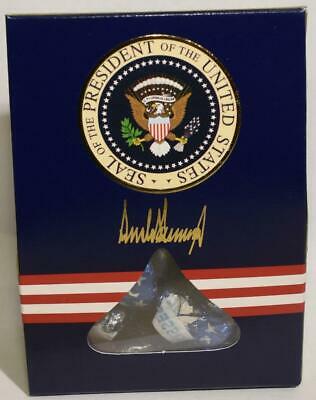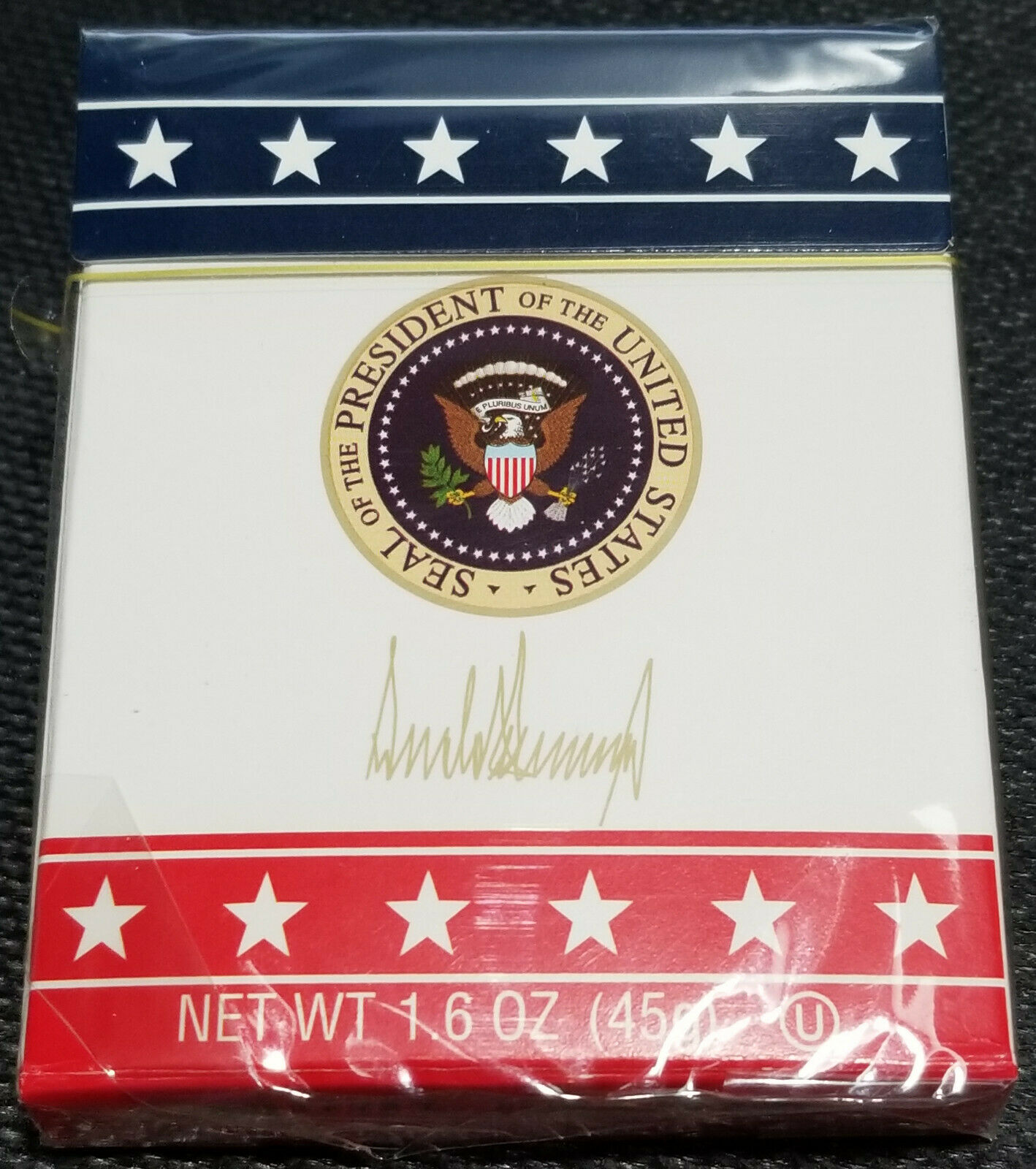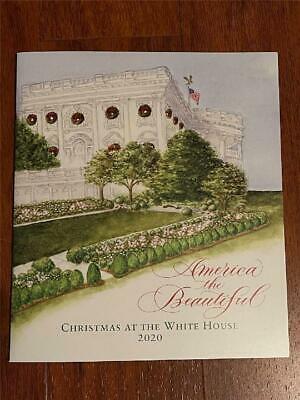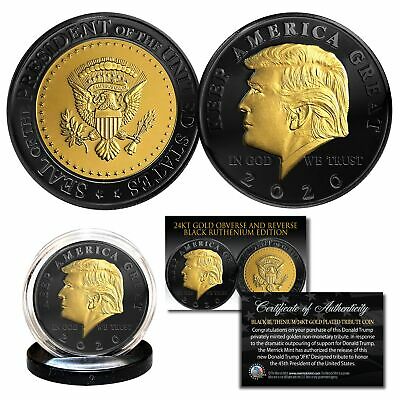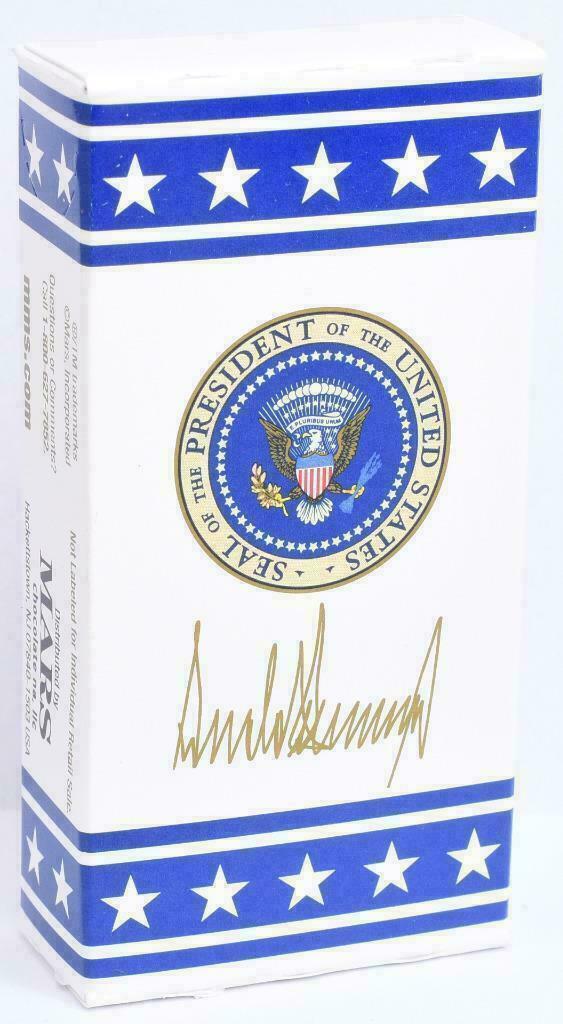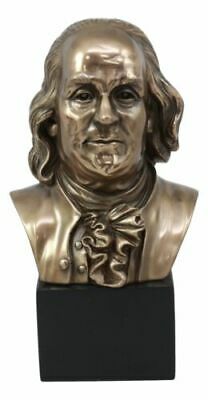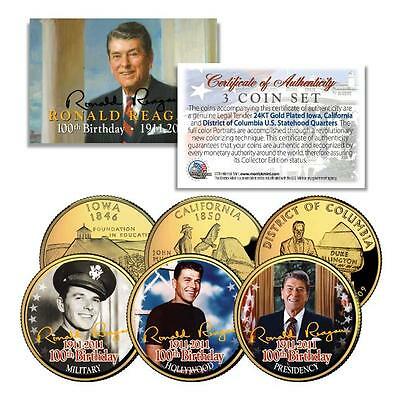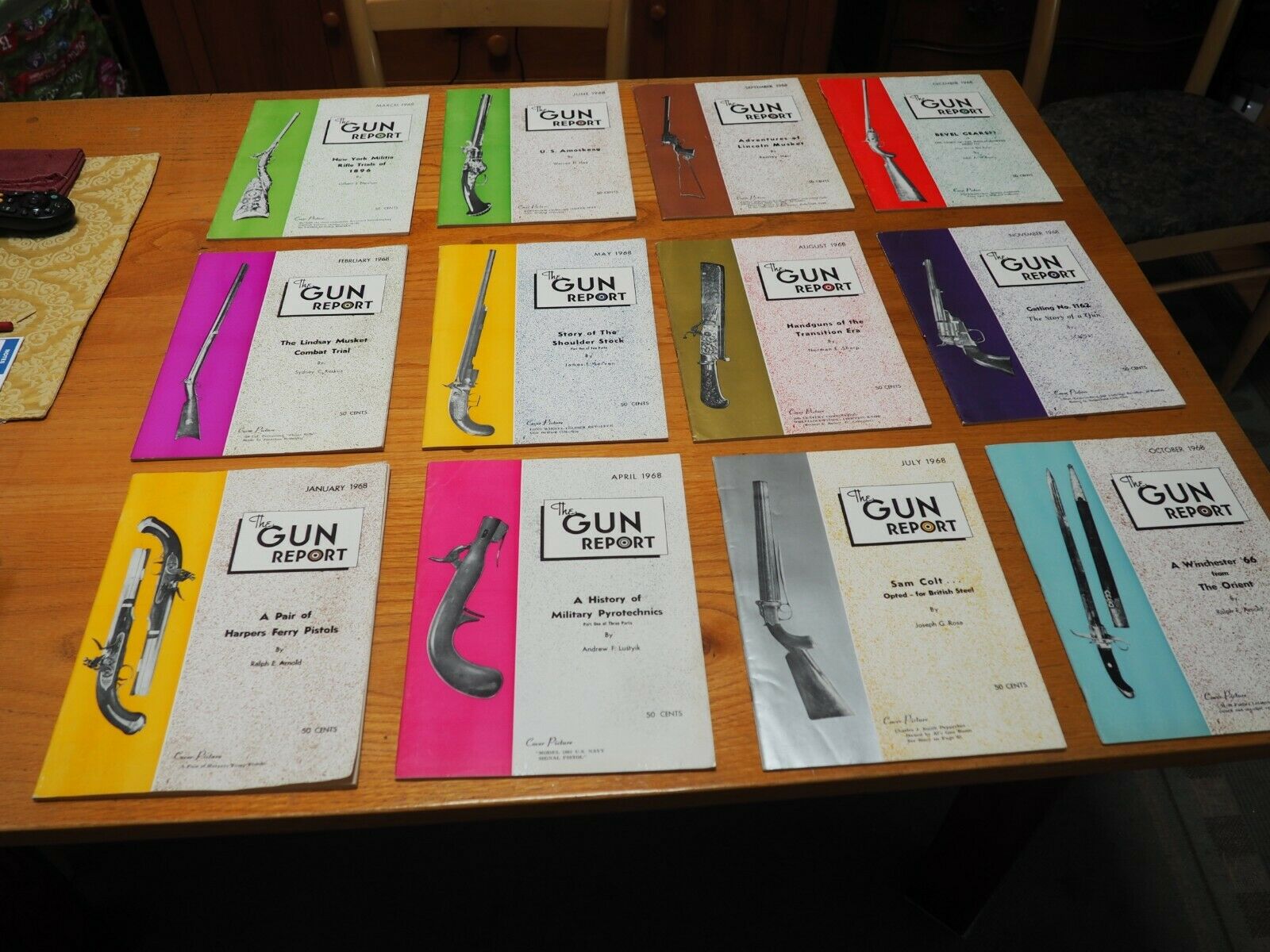-40%
NEW IN ORIGINAL BOX LYNDON B. JOHNSON LBJ RANCH ASHTRAY!
$ 6.85
- Description
- Size Guide
Description
NEW IN ORIGINAL BOX LYNDON B. JOHNSON LBJ RANCH ASHTRAY!See pictures for exact details.
From the LBJ Library…
LBJ Ashtray. Condition is "New". Shipped with USPS Priority Mail.
Political Leaders have routinely expressed their respect and friendship for their contemporaries with gifts. President Johnson was no exception. As Senate majority leader and as Vice President, he was accustomed to distributing inexpensive token such as pencils, ballpoint pens, and pins—one in the shape of a Western hat.
When he became President, Johnson ordered a variety of objects to present to visitors and special quests. He kept a selection of appropriate gifts in a special ‘giveaway’ drawer in his desk in the Oval Office.
These ‘giveaways’ ranged in quantity and quality from cigarette lighters, pens, and small pocket knives to Accutron clocks, marble and silver bookends in slipcase, and gold Rolex watches. Other gifts included medallions, small-scale reproductions of a sculptured portrait by Jimilu Mason, autographed photographs, photo albums, Western hats, and cuff links—both solid gold and gold-plated. Most gifts bore the facsimile signature or cipher of LBJ, the Presidential Seal, or the inscription of the Golden Rule: “Do unto others as you would have them do unto you.” An especially prized gift was a small charm of a water well, recalling the old Western compliment that the recipient of this gift was indeed someone who “will go with you to the well and back.”
The following excerpt was taken from Lyndon Johnson and the American Dream, by Doris Kearns:
I was told that Johnson had always been a generous and demanding giver, but before his White House days he had never been able to distribute so dazzling an assortment of presents. Every White House budget includes an allocation for gifts. Numberless trinkets–ranging from booklets, bracelets, and bowls to charms and certificates–are distributed in the name of the President. At no time before, however had the budget been as large or as personally managed as it was under Lyndon Johnson.
For most Presidents, the distribution of gifts is a routine function handled mechanically by the staff. For Johnson, the giving of gifts was a personal task, “a great opportunity,” he said, “for engraving my spirit on the minds and hearts of my people.” In the first year of his Presidency, the stock of presidential gifts more than tripled. To the traditional bowls, lighters, tie clasps, and cufflinks he added electric toothbrushes, engraved with the presidential seal; waterproof watches, inscribed with the initials of Lyndon B. Johnson and the Biblical injunction: “Do unto others as you would have others do unto you”; and oranges and yellow scarves with a special border design—a chain of initials: 526 LBJ’s.
There was a hierarchy of gifts, beginning with certificates delivered to all those who came within the presidential presence. Each time a person flew on “Air Force One” or on a presidential helicopter, he received a certificate attesting to that fact. If he flew with President Johnson eleven times in the course of a year, he received eleven certificates. Every person attending a White House dinner received two mementos-a places card lettered by a White House calligrapher and a printed menu, with the presidential seal in gold at the top, describing the food and the wines, the occasionally delivered “CARE” boxes filled with all the foods he loved the most-10 slabs of peanut brittle, 30 ounces of fudge cake, 6 pounds of chocolate. And, of course, the countless pictures of the man himself. In the distribution of these photos, Johnson's enthusiasm seemed strangely disproportionate; he treated pictures of himself with unabashed pride, the way a grandfather treats pictures of his grandchildren.
There was often a ritual connected with the giving of the gifts. Johnson often gave the same person the same gift again and again; the giver decided what he wanted to give, not what the recipient wanted to receive. “I give these toothbrushes to friends,” Johnson explained to me, “for then I know that from now until the end of their days they will think of me the first thing in the morning and the last at night.” In the last month of Johnson's Presidency, I received my first electric toothbrush. “Open it,” Johnson said to me as I awkwardly held the gift unopened in my hands, “open it and tell me, have you ever seen anything like that in your entire life? Tell me now, what do you think?” I didn't tell him what I thought, for, in truth, I didn't know what to think. But I had to thank him, so I did.
Several weeks later he handed me another package, still another toothbrush. When he noticed that I was perplexed, he glowered and said, “Why the hell should I give anything to anyone who is not grateful for my gift?” There was, as Johnson saw it, an ethic to the charitable act, an expectation of gratefulness, a ritual that demanded the proper completion. So it happened that over time I was given, and with a measure of good grace accepted, no less than twelve electric toothbrushes!”





